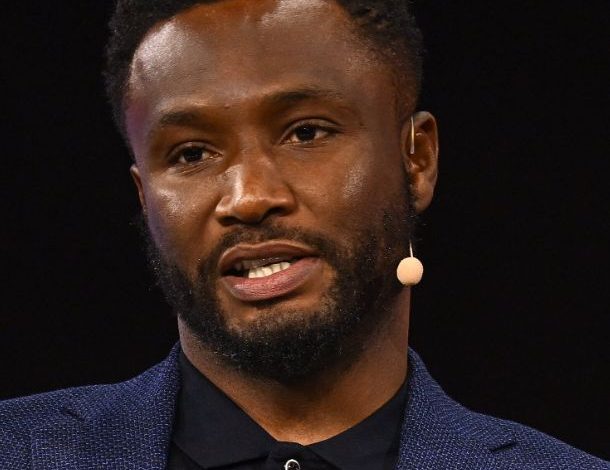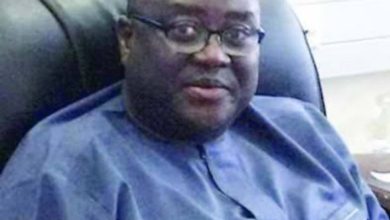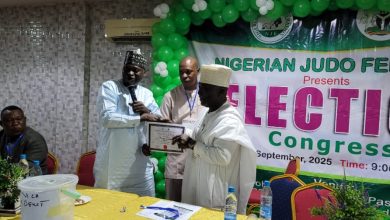Mikel Obi Has No Justification to Call for NFF Board Resignation

By “Odogwu” Patrick Ngwaogu
John Mikel Obi remains one of Nigeria’s most celebrated footballers. As a former captain of the Super Eagles, an Africa Cup of Nations winner in 2013, and a UEFA Champions League medalist with Chelsea, his achievements on the pitch are beyond dispute.
However, success as a player does not confer the right to dictate the leadership structure of football administration in Nigeria.
Following the Super Eagles’ underwhelming showing in the 2026 FIFA World Cup qualifiers — where the team currently sits third behind South Africa and Benin Republic after eight matches — Mikel Obi publicly called for the resignation of the Nigeria Football Federation (NFF) board. His frustration is understandable, given the team’s performance, but his call lacks both legal and procedural justification.
Despite his legendary status, Mikel is not part of the NFF Congress — the body constitutionally empowered to elect or dissolve the board. He also holds no administrative position and does not represent any official football stakeholder group, such as clubs, state FAs, referees, coaches, or players’ unions.
His public opinion, therefore, remains just that — an opinion. Popularity or past glory does not override established governance structures.
Moreover, reducing Nigeria’s football challenges to just the NFF board is simplistic and misleading. National team failures are multi-layered, often involving coaches, technical departments, players commitment, and broader institutional issues. Yes, the NFF may have its flaws, but the blame cannot rest solely at its feet.
Mikel Obi’s call becomes even more questionable when we consider that he has not played an active role in the development of grassroots or domestic football in Nigeria since retiring. Constructive criticism is welcome, but meaningful change requires engagement, not grandstanding.
Furthermore, his comments ignore the broader challenges facing football administration in Nigeria: inconsistent government funding, infrastructural decay, inadequate support systems, and political interference. It is unfair to expect miracles from an NFF board that must operate within such a constrained and volatile environment.
His timing is also problematic. With two crucial matches remaining in the qualifiers, public calls for the board’s resignation can only breed instability, lower morale, and distract from the task ahead.
A former captain of the national team should understand how damaging such disruptions can be to team cohesion and focus.
If Mikel has concerns about how Nigerian football is being run, there are structured channels to express them — including engagements with the National Sports Commission , the NFF Congress, or the appropriate judicial and regulatory bodies. Publicly demanding resignations without due process risks undermining institutional integrity and sets a dangerous precedent.
In conclusion, while Mikel Obi’s passion for Nigerian football is respected, football governance demands structure, law, and patience — not emotions or public pressure.
We understand, Mikel may be doing this to attract more viewers to his social media handles, but even at, Mikel has what it takes to return to the country to support the development of football instead of making noise from outside.
The NFF board should only resign if proven to have failed in its duties by the appropriate bodies, not because a former footballer — no matter how revered — insists so from the sidelines.
If Mikel truly wants to influence change, he should invest in the game’s development from the ground up, rather than chase headlines with unsubstantiated demands.





